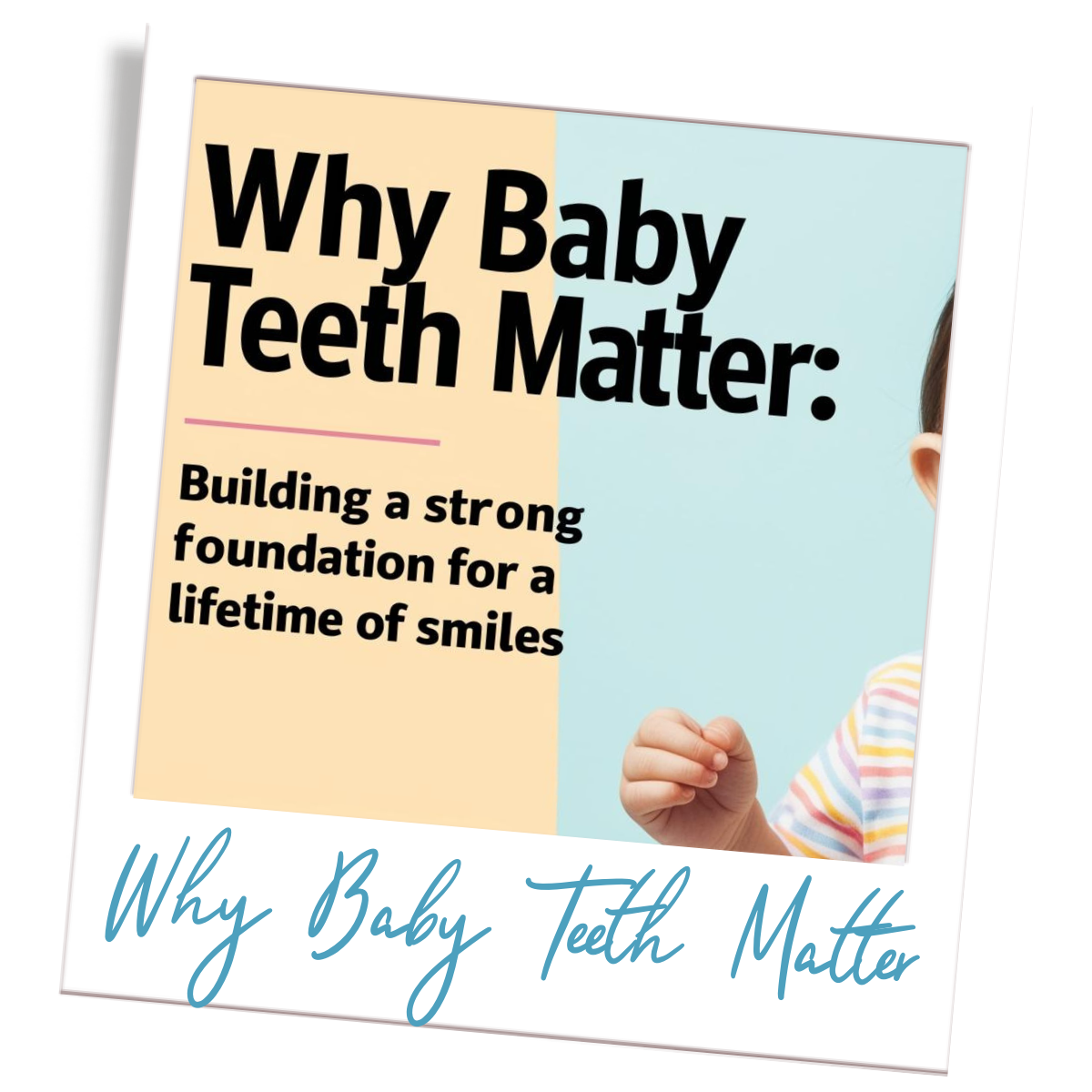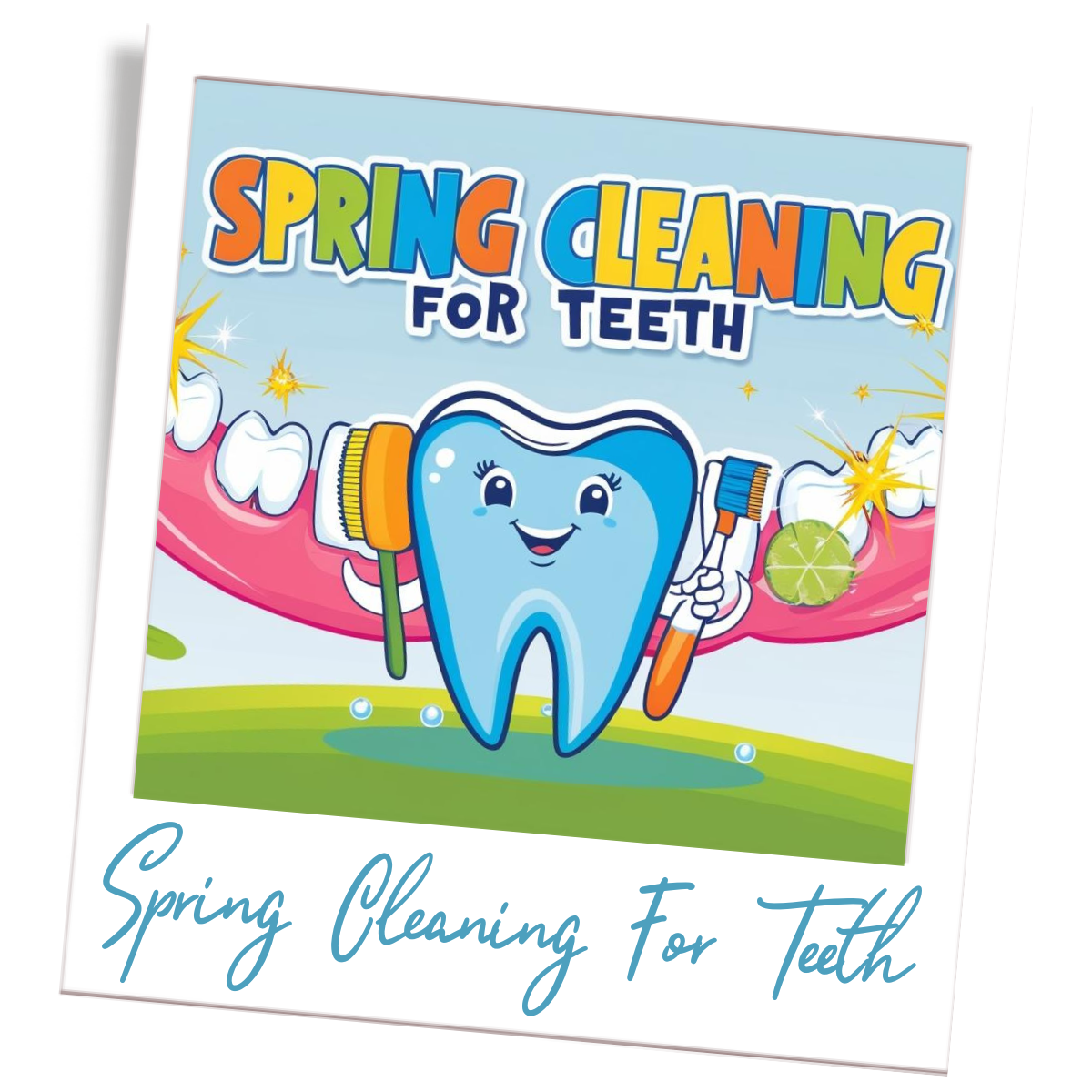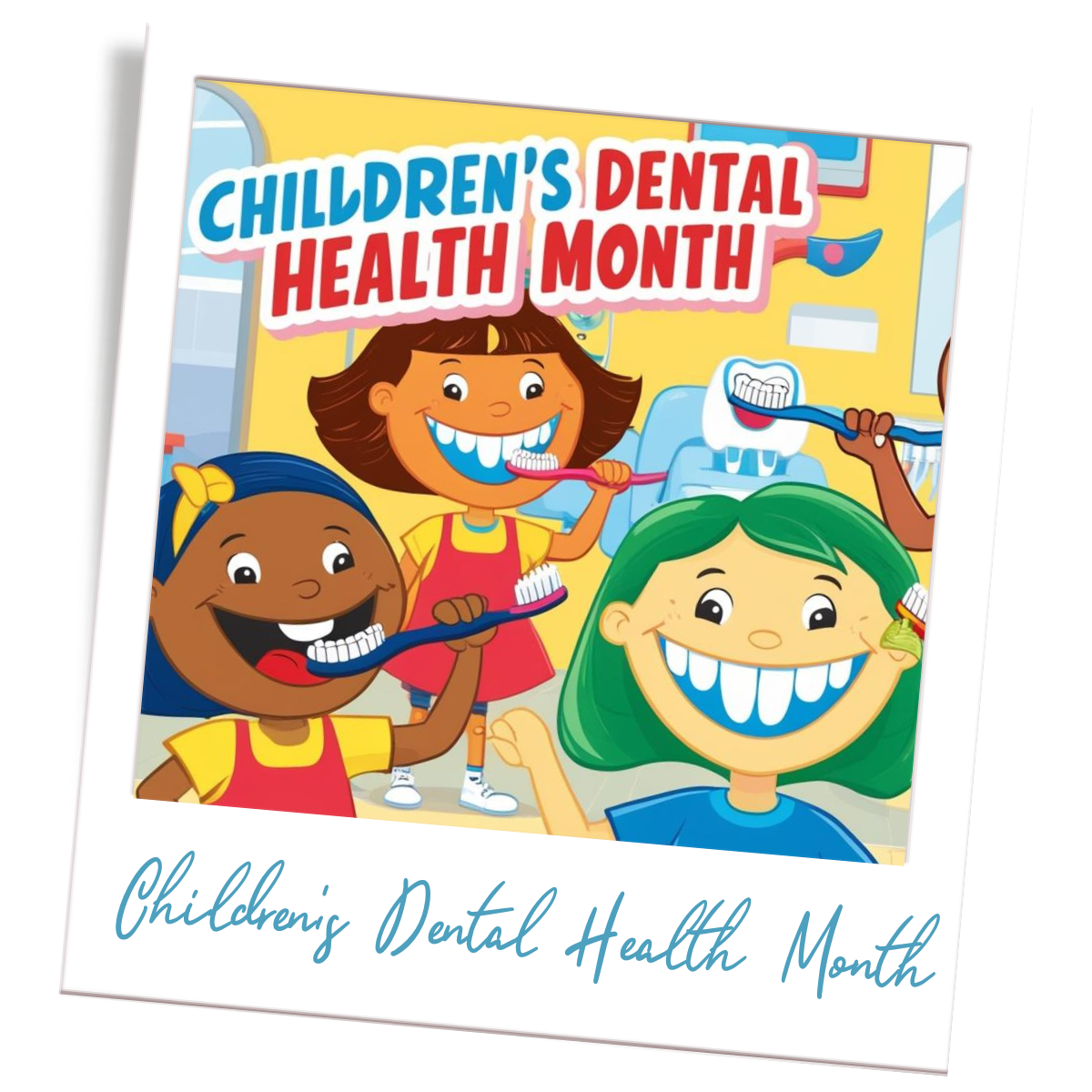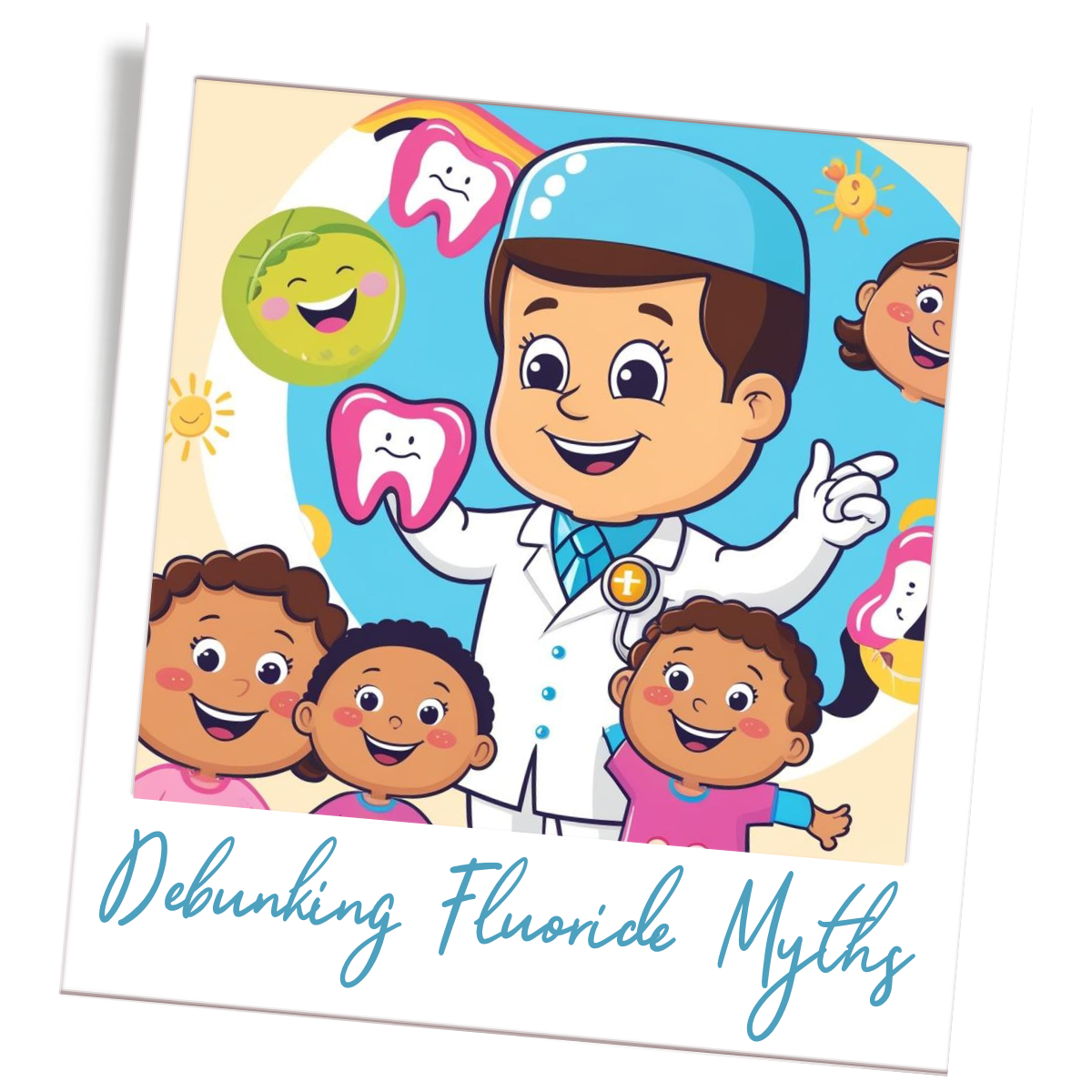The Hidden Dangers of Ultra-Processed Foods on Your Child's Dental Health
Your child’s favorite snacks might be damaging their smile in a surprising way, according to new studies on ultra-processed foods and children’s dental issues.
This is your child’s mouth as a construction site, with strong, healthy teeth as the buildings. Thus, eating such ultra-processed foods puts subpar material into the system, which can cause the structure to become weak and the building to potentially collapse. In this post, we will explore how these easy but non-ideal foods can affect your child’s dental health and what you can do to help protect your child’s smile.
Here is how these things can harm your child’s teeth and jaw:
1. The Soft Food Trap: How Texture Affects Jaw Development
Ultra-processed foods are soft and don’t need much chewing. This low chewing can lead to underdeveloped jaw muscles and bones, which can cause teeth to come in improperly or even affect the shape of the face. A study at the Catholic University of Valencia found that most dental crowding and insufficient jaw development occur in children who regularly consume soft, ultra-processed foods.
Practical Tip: Offer your child a variety of whole foods that need chewing – fruits, vegetables, whole grains – to help develop the jaw right.
2. Sugar Overload: The Sweet Road to Cavities
Many ultra-processed foods are high in hidden sugars, a major source of cavities. When sugar interacts with the bacteria in the mouth, it produces acid that eats away at the tooth enamel and brings about decay. The Centers for Disease Control and Prevention (CDC) suggests limiting sugary snacks for healthy oral hygiene for kids.
Practical Tip: Instead of sugary snacks, give your child healthy options like cheese, nuts or sliced vegetables to cut down on sugar and help protect their teeth.
3. Nutrient Deficiency: Weakening Teeth from Within
Ultra-processed foods are often lacking in nutrients, including calcium and phosphorus, which are crucial for healthy teeth. A lack of these nutrients can make the tooth enamel weak and more likely to decay. A balanced diet that includes vitamins and minerals is important for dental health.
Practical Tip: Make sure your child is eating dairy products, leafy greens and lean proteins to help them get the nutrients they need for healthy teeth.
4. Hidden Acids: Eroding Enamel Silently
In addition to sugar, many ultra-processed foods contain acids that can wear away at the tooth enamel over time. This erosion can lead to sensitivity and the development of cavities. Avoiding acidic foods and maintaining good oral hygiene can help prevent this.
Practical Tip: Help your child to rinse his mouth with water after eating or drinking something acidic and to brush his teeth twice a day with fluoride toothpaste.
5. The Fluoride Factor: Missing Out on Natural Defenses
Fluoride is important for the enrichment of tooth enamel and the prevention of decay. However, a diet rich in ultra-processed foods may reduce exposure to fluoride from other sources, such as whole foods and tap water. The CDC recommends drinking tap water containing fluoride to help protect the teeth.
Practical Tip: Encourage your child to drink fluoridated tap water and use fluoride toothpaste to strengthen his teeth’ natural defenses.
Conclusion: Ultra processed foods may be convenient, but they are a slippery slope for your child’s dental health. By being mindful of your child’s diet and encouraging better habits, you can help your child keep that big smile for years to come. Little changes you make today can lead to big changes in health tomorrow.












